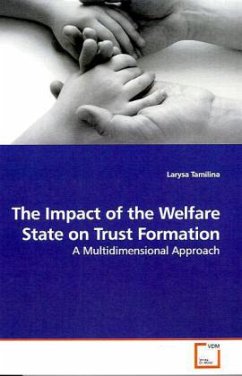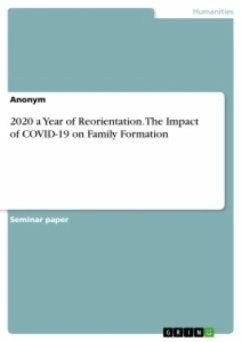By providing social benefits, the state is believed to erode trust among people. This statement however remains largely theoretical and lacks convincing empirical evidence. The book provides an empirical investigation of the effect that welfare states conduct on trust. Its main objective is to demonstrate that in order to better understand the link between social policy and trust, one should refuse from the conventional unidimensional measurement of welfare state development and adopt a multidimensional approach to approximating the extent to which the state intervenes into an individual's life. The analysis should help shed some light on the nature and mechanisms of the relationship between welfare states and trust, and should be especially useful to sociologists, or anyone else who may be interested in studying the effects of state activities on attitude formation and change.
Bitte wählen Sie Ihr Anliegen aus.
Rechnungen
Retourenschein anfordern
Bestellstatus
Storno








